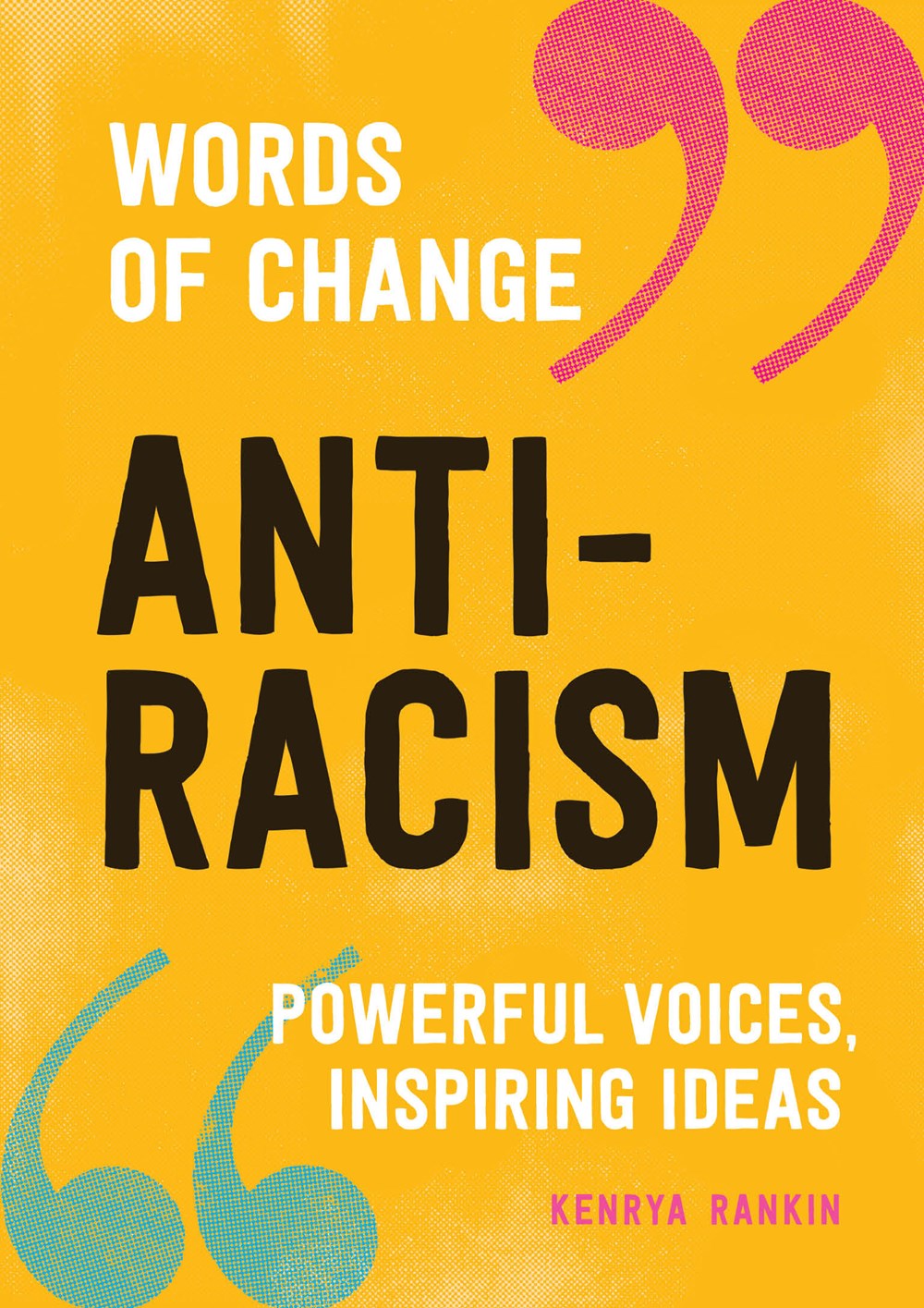Posted By Nicki Leone,
Wednesday, February 8, 2023
Updated: Friday, February 3, 2023
|
 "We are all implicated when we allow other people to be mistreated. An absence of compassion can corrupt the decency of a community, a state, a nation." -Bryan Stevenson "We are all implicated when we allow other people to be mistreated. An absence of compassion can corrupt the decency of a community, a state, a nation." -Bryan Stevenson
Author Photo Credit: reproduced by permission of Equal Justice Initiative | Excerpted from Words of Change: Anti-Racism by permission of Sasquatch Books. Copyright 2020 By Kenyra Rankin. All rights reserved.
Learn
In her book Sacred Instructions: Indigenous Wisdom for Living Spirit-Based Change, Penobscot lawyer, activist, and teacher, Sherri Mitchell (Weh’na Ha’mu Kwasset) writes “One of the most important things we can do for ourselves, our children and the future of the planet is to decolonize our minds and ways of life.” Mitchell defines colonization as “the act of appropriating or forcibly
overtaking a place and exerting control over it.” Mitchell writes that addressing colonization in the modern day means confronting “the lingering systems of control and the insidious patterns of thinking that colonization brings.”
Reflect
- What is the racial makeup of your workplace? Does it reflect your community's racial makeup?
- Are there hiring policies in place to increase diversity?
- Examine the store’s internal messaging to staff: employee handbook and manual (which may include dress codes), staff communication platforms, appointment of "keyholders," scheduling, images on letters to staff, etc. Is any/all of this messaging
anti-racist? Inclusive?
- If you want more people of color at your events and in your workplace, evaluate where you are promoting events and hiring opportunities.
Act
- Consult with a DEI specialist or DEI-trained HR professional to review your internal messaging, and external messaging when hiring, through the lens of racial equity.
- Review your anticipated staffing requirements and identify organizations in your community that will help you source your needs equitably.
- Take a hard look at your hiring requirements for criteria that may disproportionately exclude marginalized workers, such as education requirements or background checks.
- Study, discuss, reflect on the Characteristics of White Supremacy individually and with colleagues to address any issues that might exist in your workplace and beyond
Dig Deeper
Don't Forget! Explore other links on the Challenge Resource Page. See how other Challenge
participants are doing, and let them know how you are doing on the Challenge Bulletin Board
SIBA thanks its generous sponsors, who have made the 21-Day Racial Equity Challenge possible:
 

Many of the quotes used in the Challenge are excerpted from Words of Change: Anti-Racism by permission of Sasquatch Books. Copyright 2020 By Kenyra Rankin. All rights reserved.
Although SIBA has modified when appropriate for a bookseller audience, the majority of prompts and resources come directly from the 21-Day Racial Equity Habit Building Challenge created
by Food Solutions New England (FSNE), a regional collaborative network organized to support the emergence and continued viability of a New England food system that is a resilient driver of healthy food for all, racial equity, sustainable farming
and fishing, and thriving communities. We are so grateful for their extraordinary work creating this program and making it available to other organizations.
Feedback? We welcome your thoughts.
This post has not been tagged.
Permalink
| Comments (0)
|